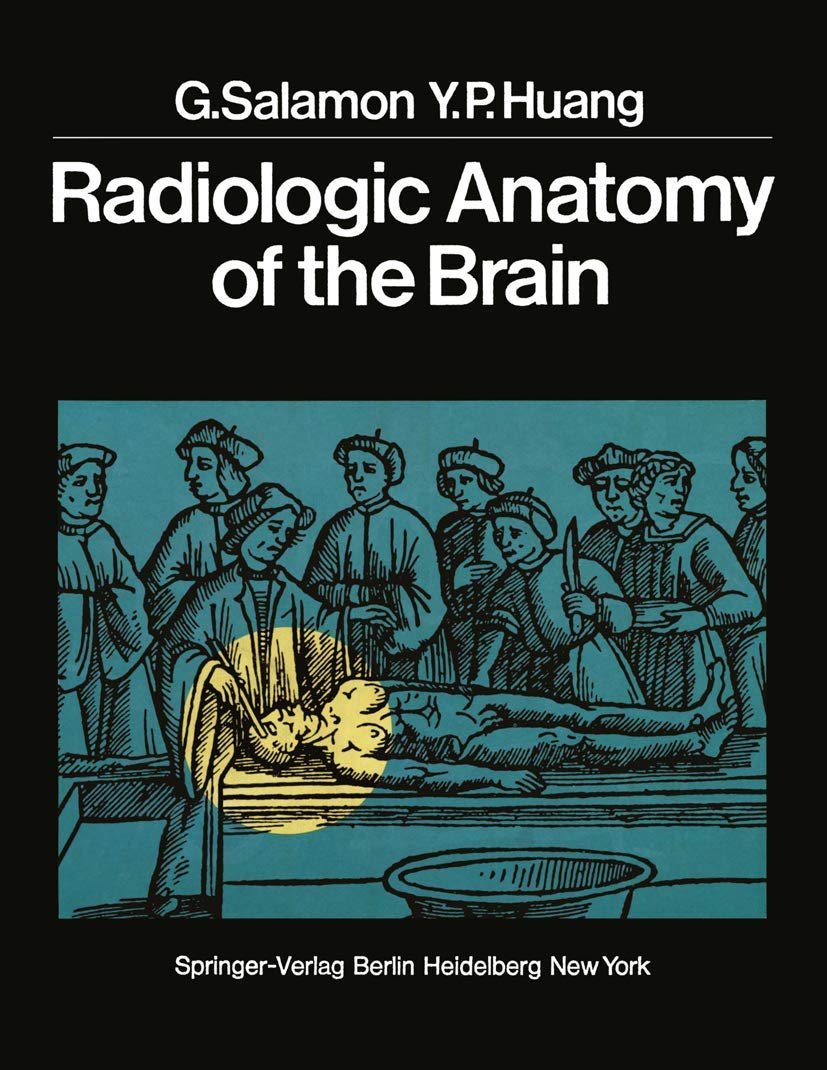Despite all recent advances, the most essential progress in neuroradiol ogy has been in our knowledge of the anatomy of the nervous system. DANDY’S injection of ventricles and cisterns with air, SICARD’S studies of the epidural and subarachnoid space with lipiodol, MONIZ’S work on cerebral arteries and veins, and, more recently, DJINDJIAN’S and DI CHIRO’S investiga tions of spinal arteries, have modified, refined and expanded current knowl edge of the anatomy of the central nervous system. LINDGREN describes that “the neuroradiologist dissects the region of interest with x-rays like a surgeon with a scalpel.” A neuroradiologic examination is nothing less than an in vivo anatomic survey using multiple orthogonal projections. The authors of this book are convinced that frequent reference to normal anatomy is currently the most valuable and rewarding means of understanding neuroradiologic problems. Arteries and veins of the brain may be considered in terms of the sulci, gyri, cisterns, ventricles, basal nuclei, and cortical centers. In this book, efforts have been made to match anatomic elements of the ventricles, cisterns, and vessels to the studied region. The foundation of this book lies in the detailed anatomical-radiologic corre relations, demonstrated by numerous photographs of dissected specimens, radiographs of injected specimens, anatomic drawings, diagrams, and normal cerebral angiograms and encephalograms. Indeed, there is no region in the central nervous system which cannot be delineated by its relationships with arteries, veins, cisterns, and ventricles

